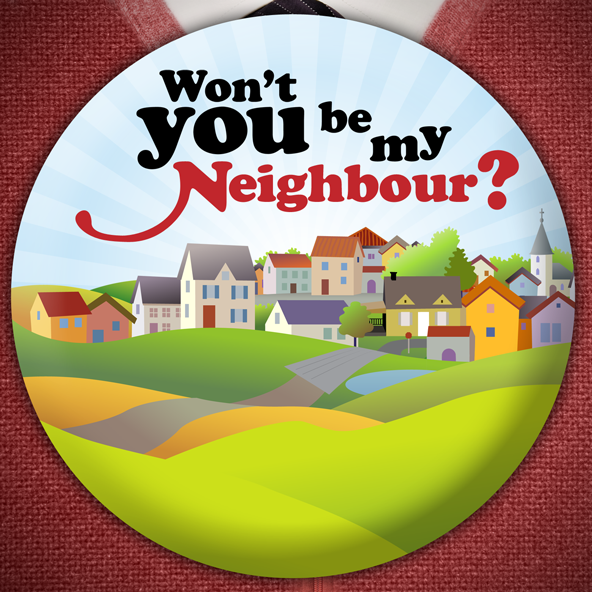Yesterday I asked you to define love. One common way people today define love is to be as tolerant and permissive as possible, as long as the other person does not to hurt others.
See what a low standard that is? Jesus defines love to a much higher degree, he says to love one another as oneself. He knows we are self-centered…and Jesus uses that to teach us love for others.
Between loving God with everything, and loving neighbours as ourselves, Jesus has declared self-salvation to be impossible. We may love God to one degree or another. But with everything? We can and should try, but we reach our limits since we are only human, and separated ourselves from God in sin. We need help.
Equally true, we may make ourselves harmless and never say a word to anyone who isn’t harming another, but we can’t make ourselves completely love others as ourselves – we always want more for ourselves than to be tolerated and put up with. We can and should try to love others as ourselves, but we need the help of another to do this.
Jesus made himself harmless, and willingly sacrificed himself on a cross in the ultimate action of love for God and others. He led the way, and did what would be impossible for humans, so we could follow him in love for God and love for others, rather than trying to trailblaze ourselves.
We’ll look at this more in this upcoming series on neighbours.
Challenge: How do your actions “hang’ under love of God or love of neighbour? Is there anything you’ve done in the last week that doesn’t fit one of those loves?

